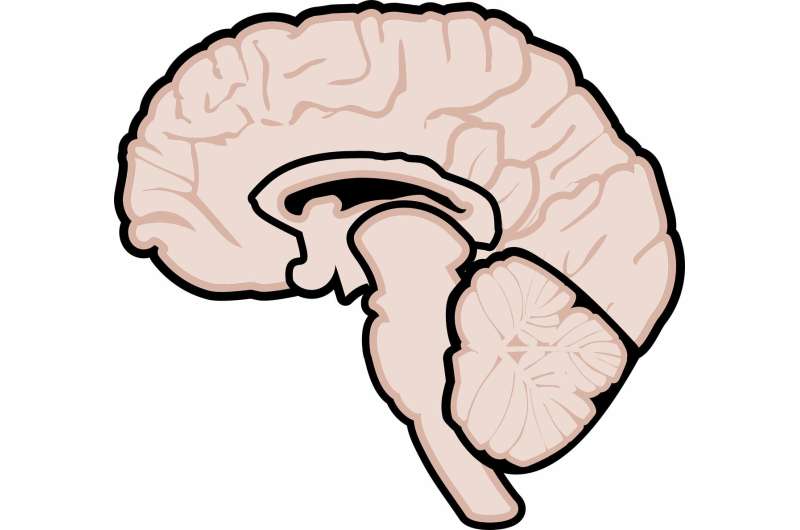Machine learning model predicts health conditions of people with MS during stay-at-home periods

Research led by Carnegie Mellon University has developed a model that can accurately predict how stay-at-home orders like those put in place during the COVID-19 pandemic affect the mental health of people with chronic neurological disorders such as multiple sclerosis.
Researchers from CMU, the University of Pittsburgh and the University of Washington gathered data from the smartphones and fitness trackers of people with MS both before and during the early wave of the pandemic. Specifically, they used the passively collected sensor data to build machine learning models to predict depression, fatigue, poor sleep quality and worsening MS symptoms during the unprecedented stay-at-home period.
Before the pandemic began, the original research question was whether digital data from the smartphones and fitness trackers of people with MS could predict clinical outcomes. By March 2020, as study participants were required to stay at home, their daily behavior patterns were significantly altered. The research team realized the data being collected could inform the effect of the stay-at-home orders on people with MS.
"It presented us with an exciting opportunity," said Mayank Goel, head of the Smart Sensing for Humans (SMASH) Lab at CMU. "If we look at the data points before and during the stay-at-home period, can we identify factors that signal changes in the health of people with MS?"
The team gathered data passively over three to six months, collecting information such as the number of calls on the participants' smartphones and the duration of those calls; the number of missed calls; and the participants' location and screen activity data. The team also collected heart rate, sleep information and step count data from their fitness trackers. The research, "Predicting Multiple Sclerosis Outcomes During the COVID-19 Stay-at-Home Period: Observational Study Using Passively Sensed Behaviors and Digital Phenotyping," was recently published in the Journal of Medical Internet Research Mental Health. Goel, an associate professor in the School of Computer Science's Software and Societal Systems Department (S3D) and Human-Computer Interaction Institute (HCII), collaborated with Prerna Chikersal, a Ph.D. student in the HCII; Dr. Zongqi Xia, an associate professor of Neurology and director of the Translational and Computational Neuroimmunology Research Program at the University of Pittsburgh; and Anind Dey, a professor and dean of the University of Washington's Information School.
The work was based on previous studies from Goel's and Dey's research groups. In 2020, a CMU team published research that presented a machine learning model that could identify depression in college students at the end of the semester using smartphone and fitness tracker data. Participants in the earlier study, specifically 138 first-year CMU students, were relatively similar to each other when compared to the larger population beyond the university. The researchers set out to test whether their modeling approach could accurately predict clinically relevant health outcomes in a real-world patient population with greater demographic and clinical diversity, leading them to collaborate with Xia's MS research program.
People with MS can experience several chronic comorbidities, which gave the team a chance to test if their model could predict adverse health outcomes such as severe fatigue, poor sleep quality and worsening of MS symptoms in addition to depression. Building on this study, the team hopes to advance precision medicine for people with MS by improving early detection of disease progression and implementing targeted interventions based on digital phenotyping.
The work could also help inform policymakers tasked with issuing future stay-at-home orders or other similar responses during pandemics or natural disasters. When the original COVID-19 stay-at-home orders were issued, there were early concerns about its economic impacts but only a belated appreciation for the toll on peoples' mental and physical health—particularly among vulnerable populations such as those with chronic neurological conditions.
"We were able to capture the change in people's behaviors and accurately predict clinical outcomes when they are forced to stay at home for prolonged periods," Goel said. "Now that we have a working model, we could evaluate who is at risk for worsening mental health or physical health, inform clinical triage decisions, or shape future public health policies."
More information: Predicting Multiple Sclerosis Outcomes During the COVID-19 Stay-at-home Period: Observational Study Using Passively Sensed Behaviors and Digital Phenotyping, Journal of Medical Internet Research (2022). mental.jmir.org/2022/8/e38495/





















